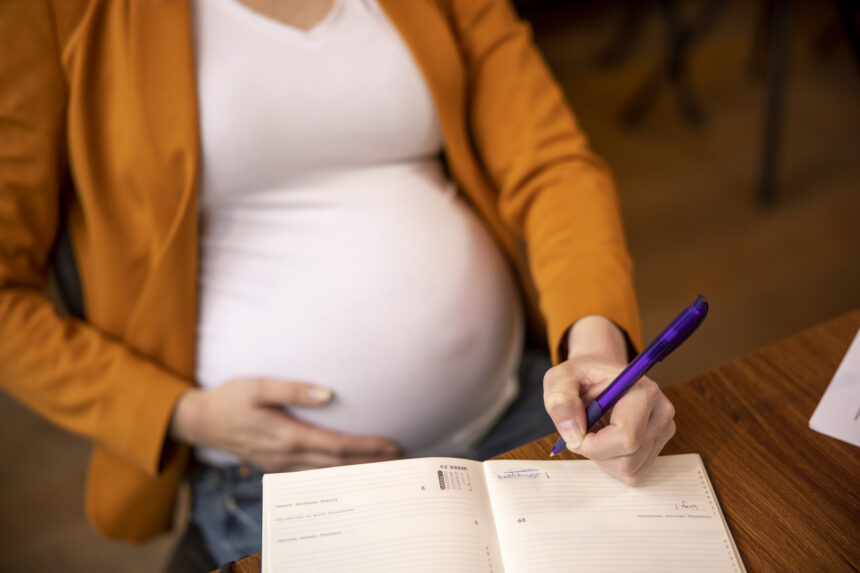Title: Coping with Pregnancy Loss and Grief: Navigating a Heartbreaking Journey
Introduction:
Experiencing a pregnancy loss is a devastating and emotionally challenging journey. The loss of a pregnancy can bring profound grief, sadness, and a range of complex emotions. Coping with pregnancy loss requires time, patience, and support. While everyone’s grief journey is unique, this article aims to provide guidance and strategies to help individuals and couples navigate the process of coping with pregnancy loss and finding healing amidst the pain.
- Acknowledge Your Emotions:
Allow yourself to feel the full range of emotions that come with pregnancy loss. It’s normal to experience sadness, anger, guilt, confusion, and even moments of numbness. Avoid suppressing these emotions, as they are an essential part of the healing process.
- Seek Support:
Reach out to your partner, family, and friends for emotional support. Share your feelings openly and honestly with those you trust. If you find it challenging to talk about your loss with loved ones, consider joining a support group or seeking professional counseling. Connecting with others who have gone through similar experiences can provide validation, understanding, and comfort.
- Give Yourself Permission to Grieve:
Grief has no timeline or prescribed path. Allow yourself to grieve at your own pace and in your own way. Understand that healing takes time, and it’s okay to have good days and bad days. Be patient and compassionate with yourself during this difficult period.
- Find Ways to Memorialize Your Loss:
Creating a meaningful way to honor your baby’s memory can be a healing and comforting process. Consider planting a tree, creating a memory box, writing a letter, or engaging in a creative outlet such as painting or crafting. Some individuals find solace in participating in memorial events or making a donation to a cause related to pregnancy loss or infant health.
- Take Care of Your Physical Health:
Pregnancy loss can take a toll on your physical well-being as well. Make sure to prioritize self-care by maintaining a healthy diet, getting regular exercise, and getting enough rest. Engaging in gentle activities such as yoga or meditation can help reduce stress and promote overall well-being.
- Communicate with Your Partner:
Share your thoughts and feelings with your partner and allow them to express their own grief. Open and honest communication can help you both navigate the grieving process together, strengthening your bond and supporting each other through this challenging time.
- Practice Self-Compassion:
Be kind and gentle with yourself. Avoid blaming yourself or questioning what you could have done differently. Understand that pregnancy loss is often beyond your control and is not a reflection of your worth or ability to be a parent. Treat yourself with the same compassion and understanding you would extend to a dear friend.
- Take Breaks from Triggers:
Certain situations or reminders may trigger intense emotions. It’s okay to take breaks or step away from environments or activities that bring overwhelming sadness. Give yourself permission to establish boundaries and protect your emotional well-being.
- Consider Professional Help:
If your grief becomes overwhelming or prolonged, seeking professional help from a therapist or counselor who specializes in pregnancy loss can be beneficial. They can provide guidance, support, and tools to help you navigate the complexities of grief.
- Embrace Hope for the Future:
While it may seem impossible to imagine at first, remember that healing is possible, and hope for the future can be regained. Over time, you may find comfort in considering options such as counseling, support groups, or exploring alternative paths to parenthood.
Conclusion:
Coping with pregnancy loss and grief is a deeply personal and challenging journey. It’s important to remember that healing takes time and looks different for everyone. By acknowledging your emotions, seeking support, and practicing self-care, you can navigate the grief process and find solace amidst the pain. Remember, you are not alone, and with time, compassion, and support, it is possible to find healing and hope for the future.










